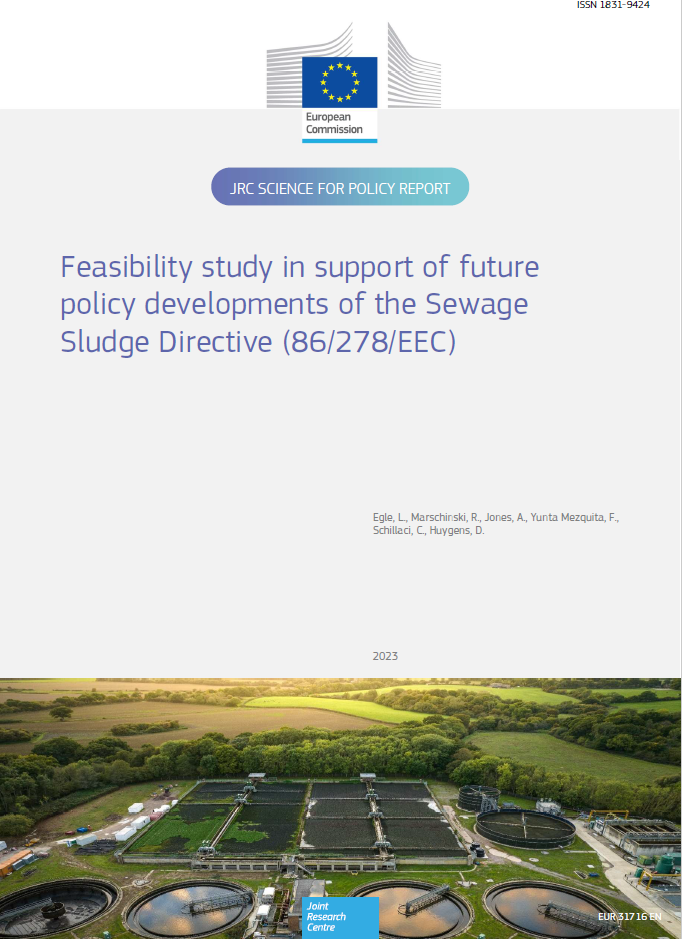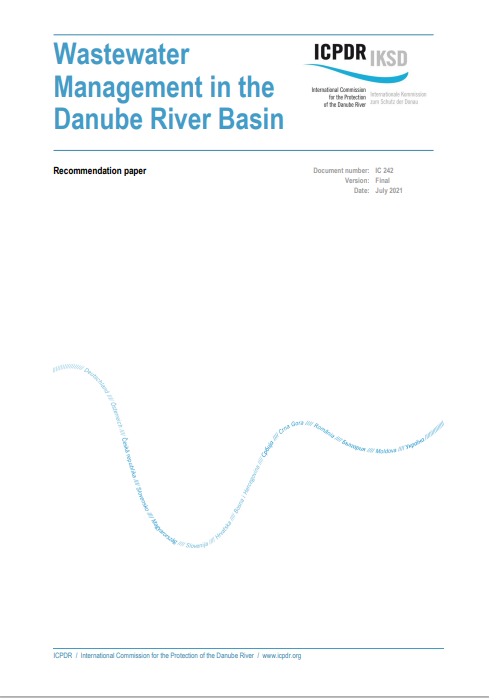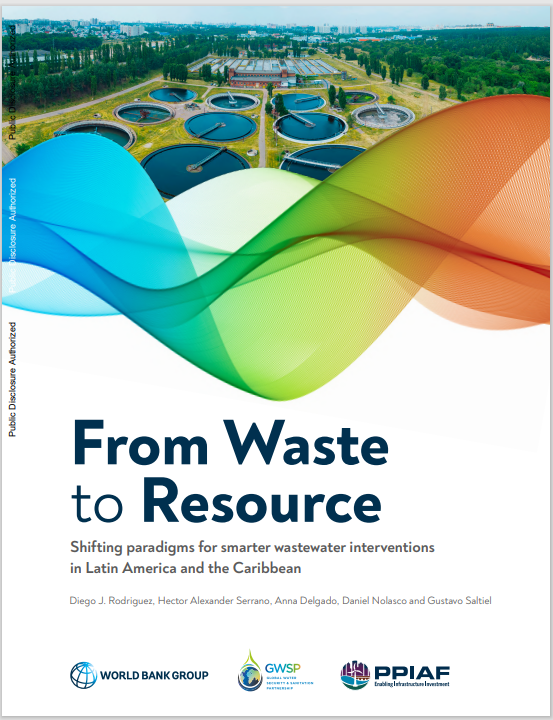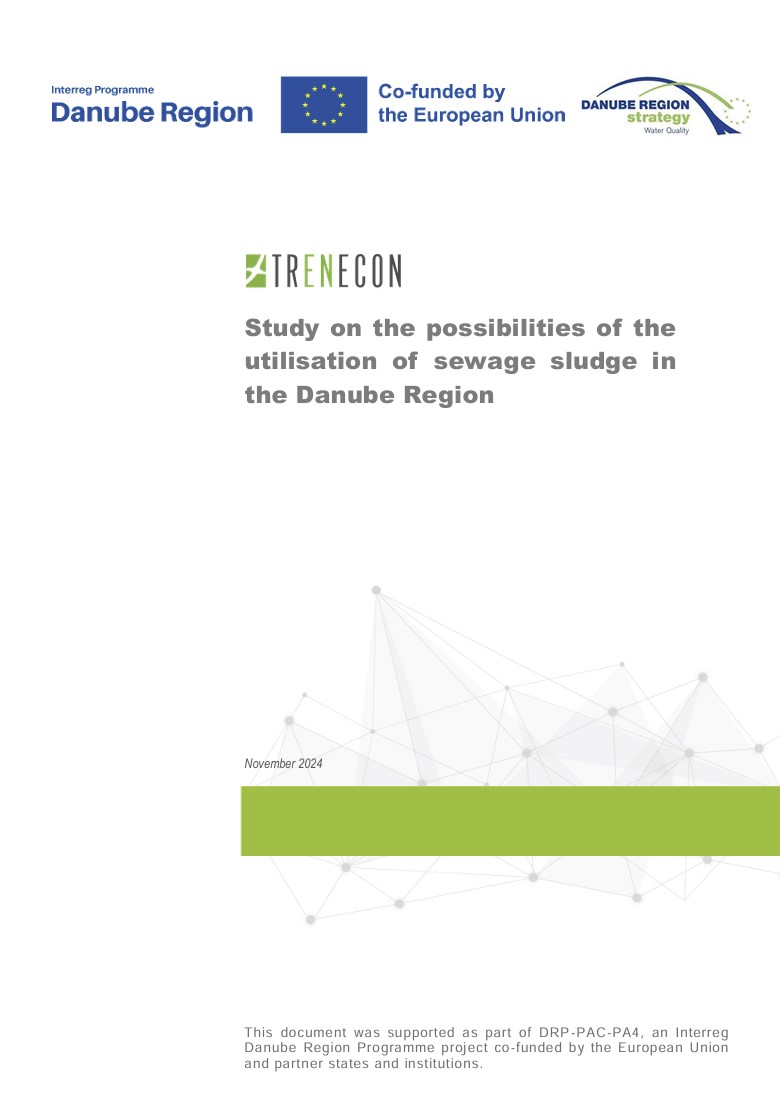Sewage sludge is the residue following the treatment of waste waters. It contains valuable agricultural resources, but also contaminants that may pose risks to human health and the environment. This study aims to assess impacts on the environment and human health from main sludge management routes occurring in the EU. It was found that a relatively small set of pollutants may cause significant risks to both humans and soil organisms when present in concentrations levels typically documented for sewage sludge. These priority contaminants are persistent in soils and have a bioaccumulative and toxic effect on humans and soil organisms. Secondly, it was indicated that sewage sludge management, other than landfilling, has a small impact on the overall global warming potential, and that the enforcement of best sludge management practices will only limitedly offset impacts resulting from waste water treatment. Thirdly, it is indicated that sound management of sludge could contribute to reducing the depletion of the critical raw material rock phosphate. Even options other than landspreading can return a significant share of the phosphorus contained in sludge to agricultural land in a plant-available form. Altogether, it is indicated that a mix of sludge management routes, adapted to the local settings and needs, may be required to maximise benefits and minimise adverse impacts across the different sustainability dimensions affected by sludge management within the EU.




